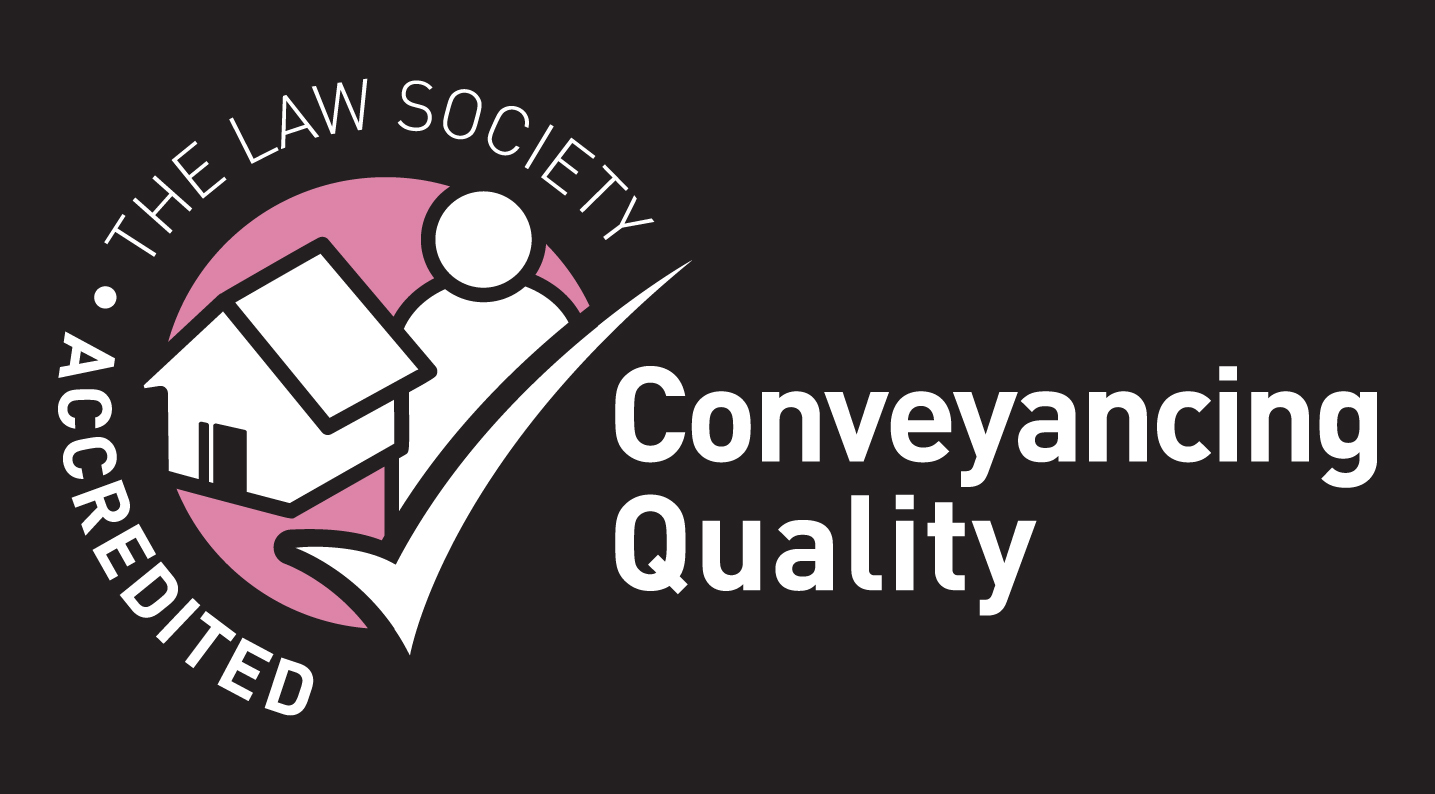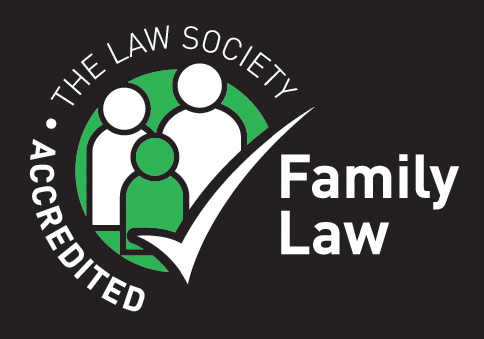** We provide a free 10-minutes no obligation consultation on how to solve your employment/business related issue(s), and optionally, we can undertake the handling and representation of your case for a small fee. You can either fill in the form above, call us or chat with us with your employment issue and let’s see if we can solve it. Whether you choose to go with us to represent your case or not, we are sure you will get great advice just by talking to us!
The relationship between your business and your employees is of paramount importance. We help numerous companies in ensuring that the employee and employer relationship is smooth sailing and for those moments when disputes arise, we offer professional and legal advice to employers and employees to ensure that the best possible outcome is reached
A settlement agreement is a legally binding document which settles any claims an employee may have against its employer to ensure a clean slate. Usually this process takes place when a contract is terminated. Once a settlement agreement is signed, you will not be able to pursue any potential claims against your employer. Often, settlement agreements contain a full and final settlement clause whereby you agree to a lump sum amount.
If your employer has offered a settlement agreement, you should seek expert legal advice on the terms of the settlement agreement at the earliest stage. Our lawyers can provide advice on any potential claims you may have and provide expert negotiation to ensure that you are compensated for your employment termination.
We do not charge our clients for advice on settlement agreements as our legal fees are covered by the employer. The amount your employer is prepared to pay for your legal fees is normally set out in the settlement agreement.
Call us, chat with us or simply fill in the contact form and we will be glad to help you ASAP!
Unfair Dismissal and Automatic Unfair Dismissal
A dismissal can be unfair if your employer does not have good reason for dismissal and/or the dismissal process has not been followed. If the employee believes that their dismissal was unfair, this might be something that can be challenged at the Employment Tribunal. When making an unfair dismissal claim, it is necessary to understand that the Tribunal may consider a dismissal as “fair” if there was a fair and justifiable reason for dismissal and the employer has followed a full and fair procedure.
Certain actions are classified as “automatic unfair dismissal”. This usually includes, but is not limited to, the statutory rights of an employee. Statutory employment rights means that you have the right to be paid the National Minimum Wage, to be paid holiday, to work a maximum of 48 hours each week and more. An automatic unfair dismissal can also be as a result of the employee being pregnant or on maternity leave, being involved in whistleblowing, doing jury service and more.
An employee usually has the right to make an unfair dismissal claim to an employment tribunal if they are classified to have an “employee” status and have worked for their employer for a minimum of 2 years. If the dismissal constitutes to an “automatic unfair dismissal” there is no minimum period for how long the employee has worked for their employer.
An unfair dismissal claim or automatic unfair dismissal claim must be made within 3 months less one day of the dismissal. If you think that your dismissal was unfair, or may constitute to automatic unfair dismissal, our lawyers can provide advice as to whether your individual situation may result to a dismissal claim.
Constructive dismissal is when an employee is forced to leave a job because of the employer’s conduct. You will usually have the right to make a constructive dismissal claim to an employment tribunal if you have the status of an “employee” and have worked for your employer for 2 years. There are various reasons why the employee may be forced to leave their job, including, but not limited to, the employer has breached the employment contract, harassment or bullying at work, regular deductions in the agreed wages without reason, unreasonable changes to working patterns, raising a grievance that the employer has not investigated and more.
It is essential that the employee has attempted to resolve any issues or concerns with the employer. If the matter is unresolve, and the employee is forced to resign, the resignation letter should explain the reasons for leaving the job. A claim for constructive dismissal must be made within 3 months less one day from the date of your resignation. The ACAS process must be followed before any claim is submitted.
There are two types of discrimination claims: direct and indirect discrimination. In both types of claim, you will be required to provide evidence of unfair treatments because of a protected characteristic. The protected characteristics are age, disability, gender reassignment, marriage and civil partnership, race, religion or belief, sex and sexual orientation.
Direct discrimination is when you are treated differently, worse, and less favourably than someone else because of a protected characteristic. Less favourable treated means that you have been treated differently to someone who does not share the same protected characteristic as you. You will need to a ‘comparator’ to show direct discrimination.
Indirect discrimination occurs when a person discriminates against another, or a provision or practice is in place that disadvantages a certain group of people who share a protected characteristic.
A discrimination claim must be made within 3 months less one day from when the discrimination happened. If there is a series of events, the time limit will begin from the last event that has occurred. Our lawyers can provide advice as to whether you have been discriminated because of a protected characteristic. We will determine whether the discrimination falls within a direct or indirect discrimination, while also establishing any necessary comparators for your claim.
Unlawful deduction of wages is when a worker or employee has not been paid or is unpaid wages that you are entitled to. The deduction will be unlawful if it is not required or authorised by legislation, not authorised in your contract of employment. This may also constitute to a breach of contract; however, it may be better to make a claim for unlawful deduction from wages to an employment tribunal rather than claiming breach of contract to a court. Our lawyers can advise on how to make a claim for Unlawful Deduction of Wages.
Non-payment of Holiday pay, Sick pay, Maternity pay may amount to arrears in pay.
If you believe that your holiday pay is incorrect, you have 3 months less 1 day from the date you received the last incorrect payment to take your claim to an employment tribunal. You may wish to discuss this with your employer in an informal manner because engaging in an employment tribunal claim.
If you are off work sick, you may have the right to Statutory Sick Pay (SSP) or contractual sick pay. Your employer cannot pay you less than the SSP which is the minimum amount employers must pay. Employees and workers must meet the eligibility requirements for SSP.
You have the right to up to 52 weeks’ maternity leave if you are having a baby and are legally classed as an employee. This right applies from the first day of starting a job. If you are entitled to maternity leave, you must tell your employer you are pregnant by no later than the 15th week before your baby is due. If you are unsure of your employment status, please contact our office to allow us to determine whether you are classed as an employee. If you believe that you have been dismissed or treated differently due to your pregnancy, we may also be able to assist for an unfair dismissal and or discrimination claim.
At Adam Bernard Solicitors, we are able to assist and advise on any arrears in pay. We offer a free 10 minute consultation in which we can determine whether there may be a potential claim.
You are usually entitled to statutory redundancy pay if you are an employee and have been working for your current employer for two years or more. Your statutory redundancy pay is calculated based on you age at redundancy and the number of full years worked. You may be able to challenge or dispute your redundancy if you have worked for at least 2 years and think that your redundancy was not genuine your employer did not follow a fair redundancy selection process. If you think that you have been discriminated against in the redundancy selection process, you may have a unfair redundancy claim.
At Adam Bernard Solicitors, we are able to assist and advise on any redundancy claims. We offer a free 10 minute consultation in which we can determine whether there may be a potential claim.

Free Employment/Business Law Consultation
Contact us or give a call to discover how we can help
Copyright © 2023 Adam Bernard Solicitors. This Firm is Authorised & Regulated by the Solicitors Regulation Authority SRA NO: 598171, 656730.





